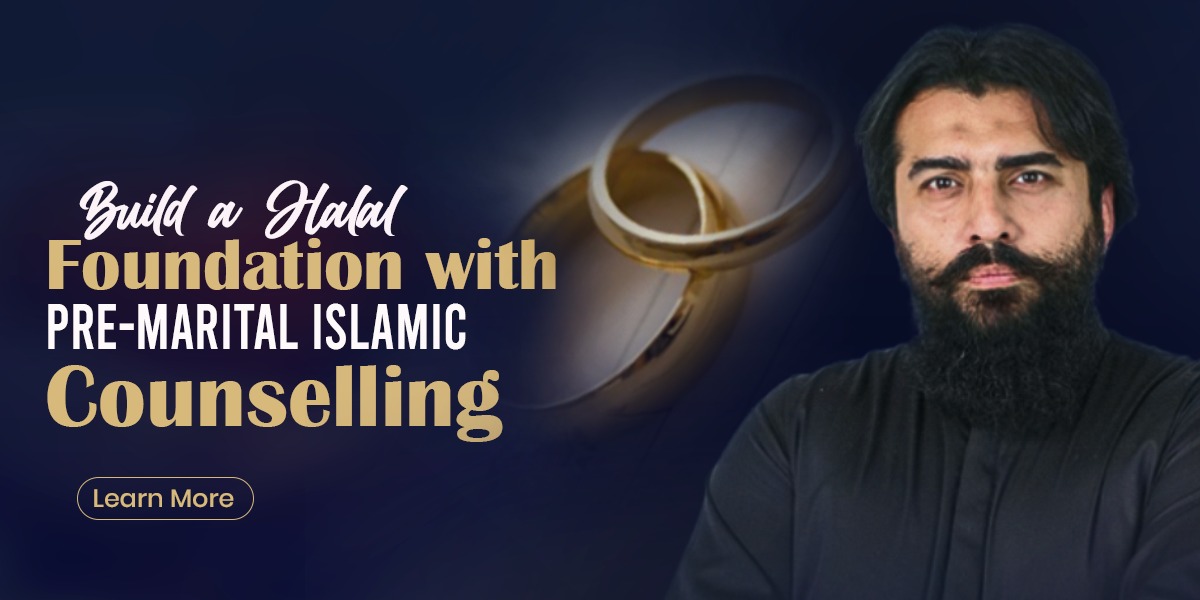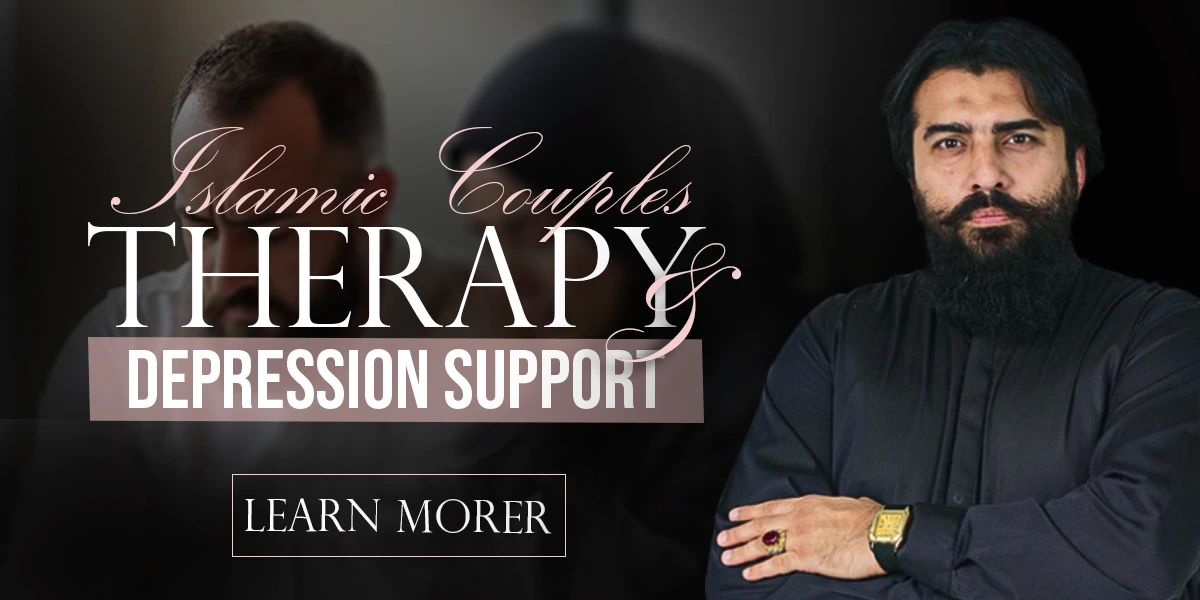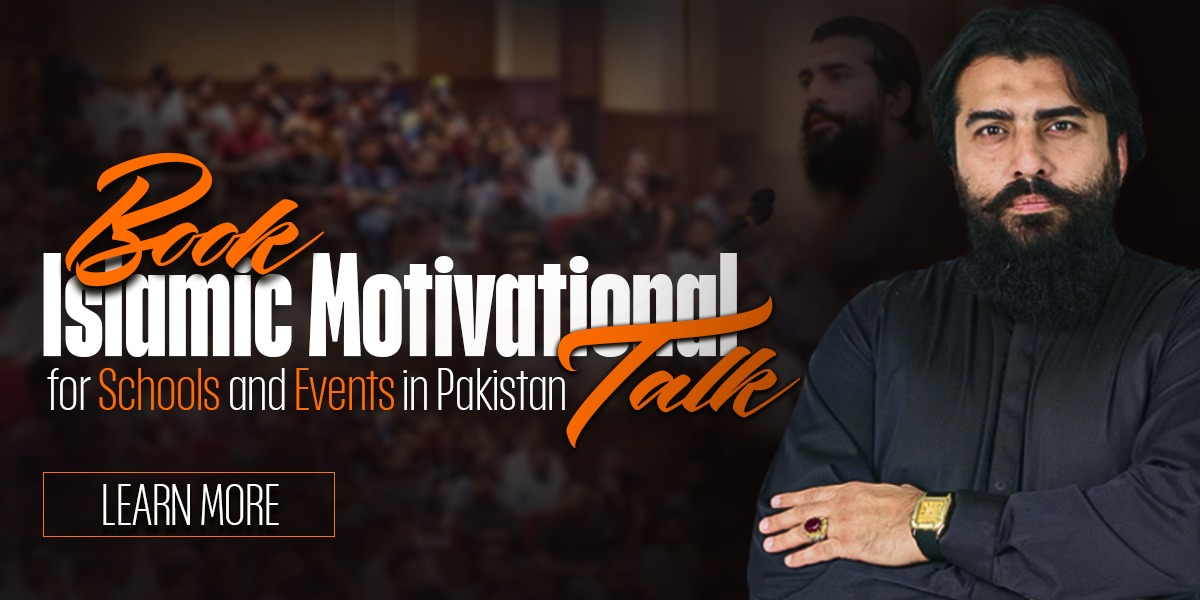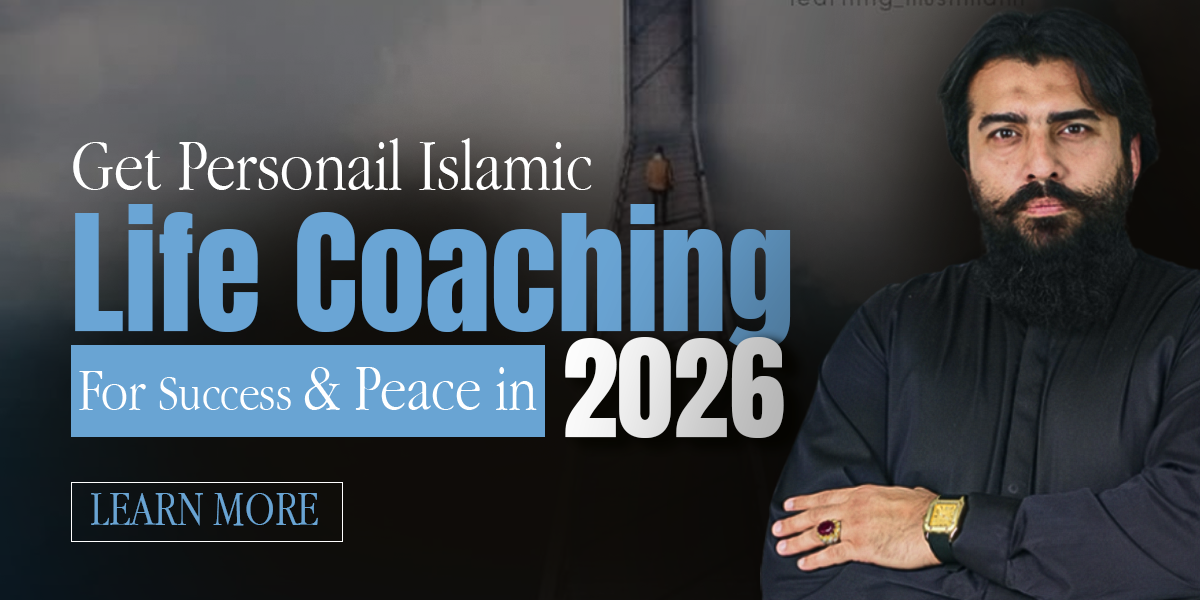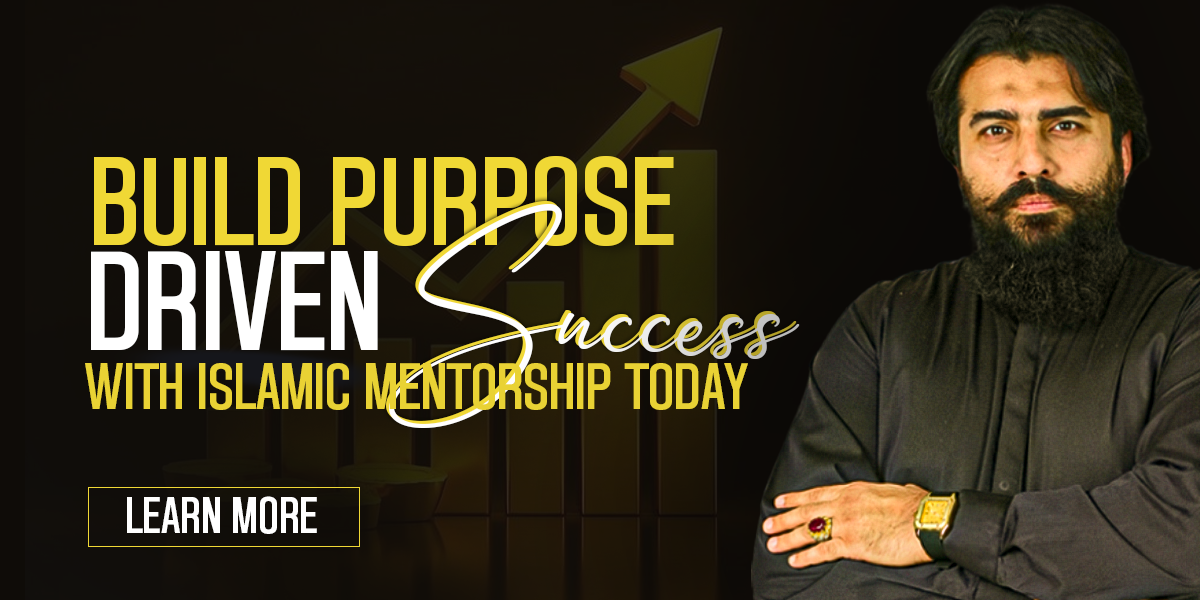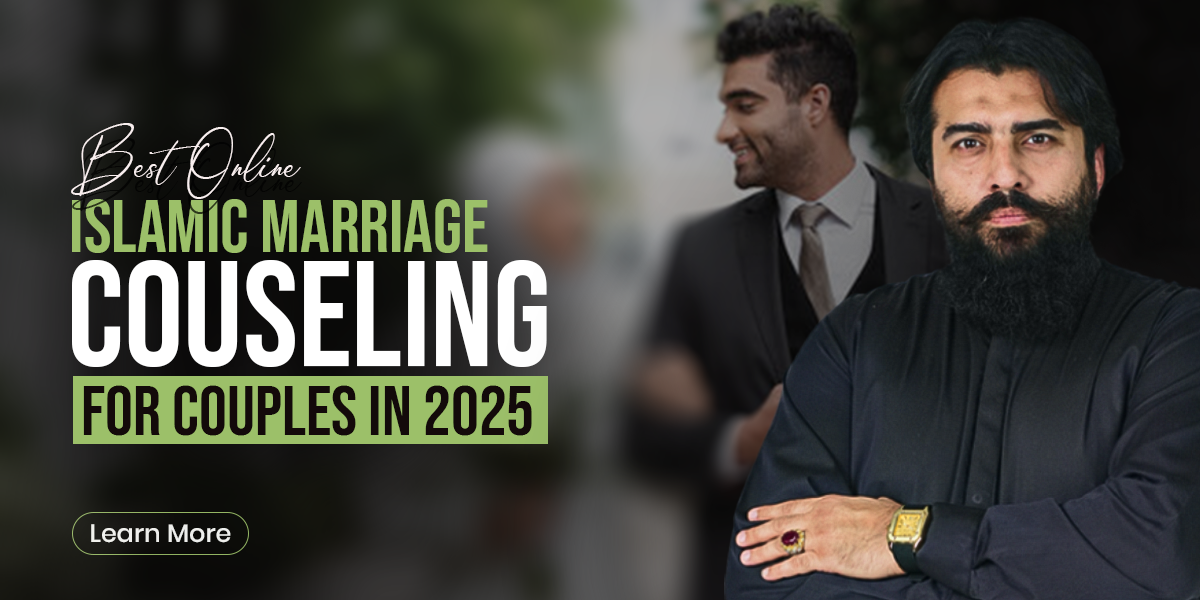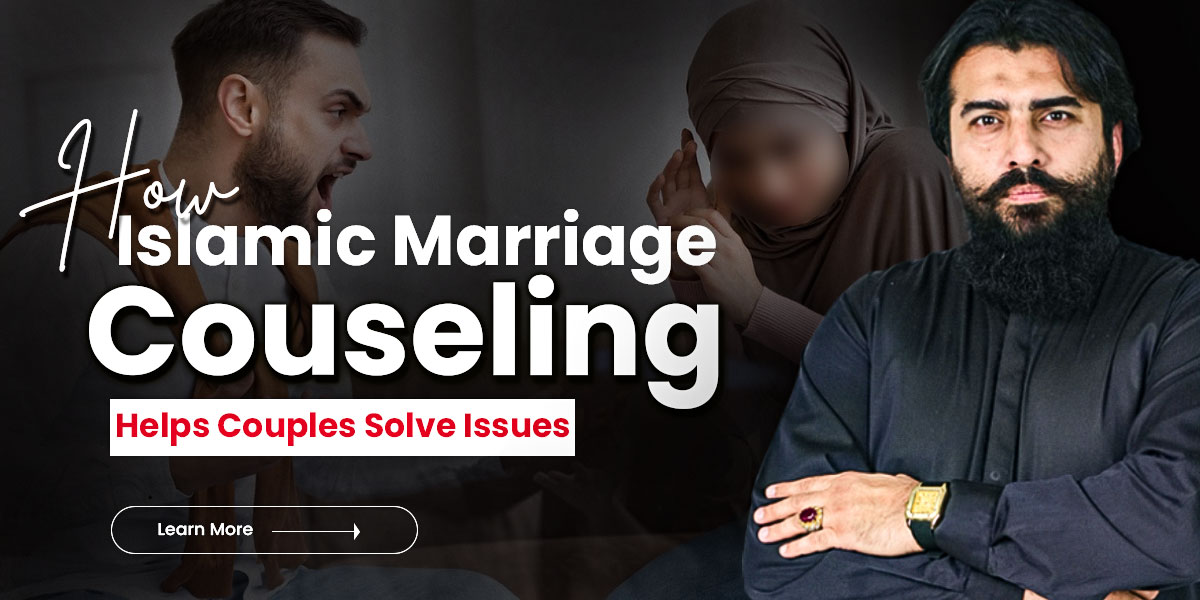The Foundation of Halal Marital Harmony
“70% of Muslim couples who undergo pre-marital counseling report stronger conflict-resolution skills, fostering lasting sakinah (tranquility).” In light of rising divorce rates even within faith communities, it is necessary to prepare for Nikah.
Why it matters:
- Many couples enter marriage without clear expectations, leading to misunderstandings.
- Faith-based guidance addresses both spiritual alignment and practical life skills.
Thesis:
Islamic pre-marital counseling integrates Quranic principles with modern relational dynamics, equipping couples to:
- Define roles and responsibilities
- Communicate effectively
- Navigate financial and family pressures
- Maintain taqwa (God-consciousness) as the relationship’s cornerstone
What you’ll discover:
- Five essential steps for faith-centered preparation
- Key resources to guide your journey
- Expert insights and strategies from certified counselors
What Is Islamic Pre-Marital Counseling?
Islamic pre-marital counseling is a structured program that blends spiritual teachings with evidence-based relationship techniques. Unlike secular approaches, this model places taqwa (piety) and the maqasid al-nikah (objectives of marriage) at its heart.
Islamic Basis
- Quranic Covenant (Mithaqan Ghalizah):
“And how could you take it while you have gone into each other and they have taken from you a solemn covenant?” (Qur’an 4:21)
This verse underscores marriage as a profound, divinely sanctioned bond. - Prophetic Encouragement for Knowledge:
The Prophet Muhammad (peace be upon him) said, “Seek knowledge before marriage” (Ibn Majah). Preparing through counseling honors this guidance by building practical skills grounded in faith.
Core Components
- Spiritual Alignment
Couples explore shared devotional practices like prayer routines, Quran study, and dua journaling to nurture a united spiritual front. - Defined Roles & Responsibilities
Drawing on Sunnah examples, partners clarify expectations around household duties, finances, and decision-making. - Conflict Resolution
Techniques such as “Speak and Listen” sessions mirror the Prophet’s patient communication style to reduce the risk of hurtful words. - Ethical Foundations
Emphasis on ‘adl (justice) and rahma (mercy) ensures fairness and compassion guide every interaction.
This faith-based process stands by weaving Islamic values like taqwa, sabr, and shura into every module. Certified counsellors, like those at Shaykh Atif Ahmad’s Marriage Counselling, tailor sessions to each couple’s background, ensuring culturally respectful and spiritually uplifting guidance.
A Quranic Roadmap to Marital Readiness
Building a Strong Halal Foundation in 5 Faith-Centered Steps
Islamic pre-marital counseling is not just about emotional compatibility, but it’s about aligning your relationship with the principles of the Qur’an and Sunnah. These five steps help couples establish a clear, compassionate, and God-conscious beginning to their Nikah. Let’s explore the first three.
Step 1: Spiritual Alignment Assessment
Islamic marital counseling begins with spiritual compatibility before discussing wedding plans or household logistics. Are you aligned in your aqeedah (creed), ibadah (acts of worship), and long-term purpose?
Topics Explored:
- Do both partners prioritize daily prayer, fasting, and ongoing Islamic learning?
- What are your intentions (niyyah) for marriage beyond companionship?
- How do your visions for a faith-led family life align?
💬 Exercise: Couples reflect together on Surah Ar-Rum (30:21):
“And among His signs is that He created for you from yourselves mates that you may find tranquility in them; and He placed between you affection and mercy.”
Discuss what sakinah (tranquility), mawaddah (love), and rahmah (mercy) mean to each of you.
This step encourages deep, honest conversations. Build a spiritual bond that will endure the highs and lows of marriage with guidance from an experienced Islamic counselor.
Step 2: Clarifying Rights & Responsibilities
According to the Quran and Hadith, Marriage in Islam is a partnership of mutual rights and duties. In this step, couples learn to articulate and agree on expectations around roles in the home, emotional care, and family leadership.
📖 Hadith Foundation:
The Prophet ﷺ said: “Each of you is a shepherd, and each of you is responsible for his flock.”
(Bukhari 5195)
✅ Counseling Topics Include:
- Household leadership and decision-making (consultation/shura)
- Family planning and childcare responsibilities
- Navigating career paths while supporting Islamic home values
This is where Islamic marital counseling frameworks help strike a balance between tradition and modern life. For instance, dual-income households can use this discussion to create schedules that prioritize family and the deen.
Step 3: Financial Transparency Workshop
Money is one of the leading causes of marital stress, and Islam offers clear guidance on managing wealth with integrity and trust.
Topics Covered:
- Discussing mahr openly and fairly (Qur’an 4:4: “…And give the women their dowries graciously”)
- Creating a halal budget based on shared goals
- Managing debt, zakat obligations, and income sources
This workshop helps couples develop a sustainable, halal financial plan with tools for monthly budgeting and long-term savings. Counselors provide worksheets and guidance tailored to your income level and life stage.
Explore the full Islamic marriage counseling program here for expert-led guidance on these steps. These foundational discussions are essential whether you’re preparing for your first Nikah or seeking clarity in a second marriage.
Step 4: Conflict Resolution Training
Even the strongest bonds face disagreements. Islamic pre-marital counseling equips couples with faith-based tools to navigate conflict with compassion and wisdom.
- Qawl al-Layyin (Gentle Speech)
Based on Surah Taha (20:44):
“…Speak to him with gentle speech, perhaps he may be reminded or fear Allah.”
Couples practice replacing harsh words with calm, respectful language, guided by timed role-play exercises.
- Sabr Frameworks
Patience (sabr) is both a spiritual virtue and a practical tactic. Counselors introduce breathing techniques, pause-and-pray moments, and structured “time-outs” anchored in short du‘ā’ to restore emotional balance before resuming discussions.
Step 5: Family & Cultural Integration
Marriage often brings together two people from distinct backgrounds. Pre-marital counseling helps couples honor both partners’ cultural and familial ties without compromising Islamic values.
- Mediating Parental Expectations
Through guided sessions, couples learn to communicate family traditions, financial expectations, and decision-making roles, ensuring respectful dialogue between in-laws and the new couple. - Navigating Interethnic Dynamics
Counselors draw on the Prophet’s example of unity in diversity when partners come from different cultural backgrounds. Workshops cover shared meal rituals, language considerations, and community involvement strategies to reinforce mutual respect.
Key Resources for Couples
Building on these five steps, the right resources can sustain your growth. Here are essential tools to strengthen your Islamic foundation:
Books
- The Muslim Marriage Guide by Ruqaiyyah Waris Maqsood — A practical manual exploring rights, responsibilities, and spiritual intimacy.
- Islamic Marriage Workbook by Dr. Ekram & Mohammad Rida Bashir — Interactive exercises and quizzes to apply counseling principles at home.
Online Courses & Articles
- Fiqh of Marriage — Deep dive into legal and ethical dimensions, available on Shaykh Atif Ahmad’s blog.
- Additional posts on communication, financial planning, and family integration can be found under the “Marriage Counselling” category.
These Islamic marital counseling frameworks and resources ensure that couples not only prepare for Nikah but also continue to nurture a harmonious, faith-centered home.
5. Why Invest in Faith-Centered Preparation?
1. Prevents Common Pitfalls
Unrealistic expectations and financial misunderstandings top the list of early-marriage conflicts. Pre-marital counseling helps couples clarify budgets, dowry (mahr), and lifestyle priorities before Nikah, reducing disputes later on.
2. Strengthens Tawakkul as a Couple
Developing joint reliance on Allah builds resilience. Through guided exercises such as shared du‘ā’ journals, partners learn to turn to faith when challenges arise, making them more united and confident in their path.
3. Builds Emotional Literacy with Sunnah Tools
Techniques like qawl al-layyin (gentle speech) and daily gratitude reflections, modeled on Prophetic practice, teach couples to express needs constructively.
“85% of couples report improved understanding of marital roles within 12 weeks” of completing faith-based preparation.
6. Balancing Tradition and Faith
Scenario 1: Managing Parental Expectations
In many South Asian or Arab families, elders may expect certain wedding customs or living arrangements. Counselors guide respectful discussions, rooted in shura (mutual consultation), helping couples honor parents while maintaining Islamic principles of fairness.
Scenario 2: Navigating Intercultural & Interfaith Dynamics
When one partner comes from a different cultural or faith background, empathy drawn from the Qur’an bridges gaps:
“And We have made you peoples and tribes that you may know one another.” (Qur’an 49:13)
Counselors help couples craft inclusive rituals and shared values that respect both traditions.
Visit the Shaykh Atif Ahmad blog for more articles on these topics.
7. Your Questions, Answered by Scholars
Q1: Is pre-marital counseling mandatory in Islam?
No. It isn’t a formal requirement like istikhara, but many scholars highly recommend it as a proactive step toward a stable, faith-aligned marriage.
Q2: Can we attend sessions virtually?
Yes, over 90% of couples complete their counseling online, combining flexibility with the same depth of guidance. Learn more at Shaykh Atif Ahmad’s marriage counseling page.
Q3: How long does the program take?
Typical courses run six to eight weeks, with one session per week. Many couples report positive shifts in communication by week four.
Q4: Do sessions include scripture study?
Yes, each module incorporates Quranic reflection, particularly on verses related to marriage, alongside Prophetic examples.
Q5: Can single partners join alone?
Absolutely. Solo sessions help individuals prepare emotionally and spiritually; partners can join later for joint modules.
Conclusion: Build Your Marriage on a Halal Foundation
A successful Nikah requires sincere intention, informed knowledge, and continual divine guidance. By engaging in Islamic pre-marital counseling, you equip yourself and your partner with faith-centered tools to communicate, resolve conflicts, and nurture sakinah for years to come.
Book your free pre-marital consultation today: Islamic Marriage Counselling

